Community-based Training
Learn the skills you need for your language work.
At our Community-based Workshops, we can work with you in your workplace, school, language centre, home, online, or out on country - you decide. These workshops are usually 3 days long, but can be tailored to your individual situation.
Scroll down to see all the different training topics we offer, and fill in an Expression of Interest in training to start the conversation about how we can support you.
Linguistics Language Documentation Language Learning & Teaching Language Project Planning Public Speaking & Language Advocacy
Linguistics
Develop an understanding of Aboriginal and Torres Strait Islander languages
Learn about how languages are related, different kinds of Aboriginal and Torres Strait Islander languages, and some of the common features of these languages.
Using dictionaries and grammars
Look at different language resources and learn about what information might be in a grammar or a dictionary. Understand the technical words in your dictionary and grammar and learn some tips on how to use the resources.
Sounds and spelling in Aboriginal and Torres Strait Islander languages
Learn how linguists talk about sounds, how sounds are made, and how they are written down. We will look at the sound patterns in Aboriginal and Torres Strait Islander languages and help you understand how your language is pronounced and spelt.
Words and meaning
Discuss the connection between language and culture: what special or unique things does your language do with words and meaning?
Learn about nouns, verbs and other sorts of words.
Think about making new words for new things and concepts in your language.
Make words and sentences in Aboriginal or Torres Strait Islander languages
Learn about suffixes and prefixes and how to build words in your language.
Learn how words go together to make sentences in your language.
Language Documentation
Document an Aboriginal or Torres Strait Islander language
How do we document a language so it is preserved to learn, speak and use in the future? Learn different skills and strategies based on your own language context and existing resources.
Make and manage good quality digital recordings
Learn about different technologies you can use to record your language, and how to store and archive your files safely.
Edit sound recordings
Use old recordings to make new language resources.
Edit your new recordings.
Transcribe language data
When you have all your recordings, what do you do with them? Learn about transcribing language – why you might do it, and tools and software to use.
Language Learning & Teaching
Learn and teach your language
Learn about the Master-Apprentice immersion method and other approaches to learning and teaching language skills: through games, everyday activities and using resources that we can help you make.
Create language resources
Make resources – games, posters, books and digital resources - to help you teach, learn and document your language.
Language Project Planning
Language project planning
Identify your language priorities, plan a project and discuss what resources and skills you will need to make it happen.
Public Speaking & Language Advocacy
Raise public awareness of your language
Give presentations to others about your languages – for example professional development for teachers and language centre staff, language classes or short talks for tourists, etc. We can help you make a presentation and get ready to do public speaking.
We can also help you put together a campaign to raise language awareness in your community.






